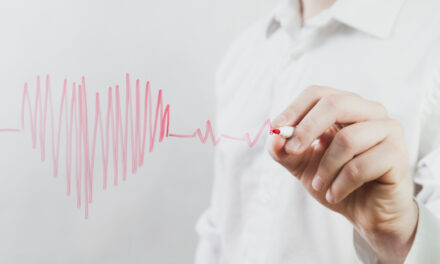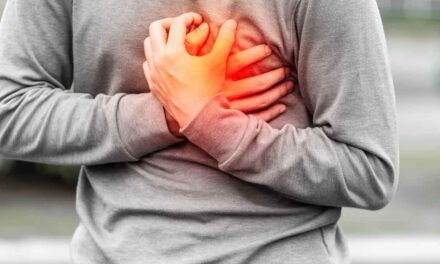Heart Attack Symptoms: Heart attacks, no matter how big or small, should be taken seriously. They are defined as sudden events, meaning they can happen suddenly and are usually caused by poor blood and oxygen movement to the heart, according to the American Heart Association (AHA). But how long does a heart attack last?
The duration and symptoms of a heart attack can vary greatly from person to person, and no two heart attacks are alike. This is especially true, depending on how quickly you receive treatment.
Here, two cardiologists explain the average duration of a heart attack, the warning signs to watch for, and how to protect your heart from getting worse.
How Long Does A Heart Attack Last?
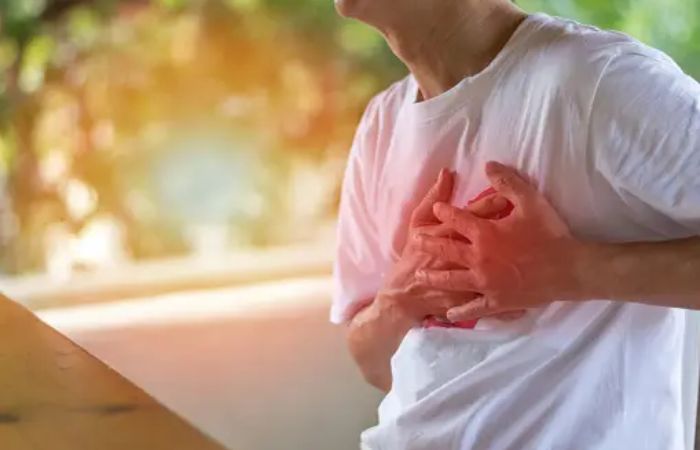
Because heart attacks are considered acute events, their duration is usually short. “They don’t last long and usually occur suddenly and severely,” says Ernst von Schwartz, MD, cardiologist and author of The Mystery of Death.
“A heart attack is a life-threatening condition and can occur right away in people. However, small heart attacks may recur in some cases because the [affected] blood vessels have not yet completely closed,” he added.
A heart attack does not last for several days, but symptoms of a heart attack may persist, which may indicate an impending risk of another attack. This is why emergency care is so important.
“Patients typically seek care within minutes or hours,” said Blair Suter, MD, a cardiologist at The Ohio State University Wexner Medical Center. But if symptoms are hidden, they may not seek help for several days, he added, which is especially dangerous and difficult to treat.
Duration Of Heart Attack Symptoms
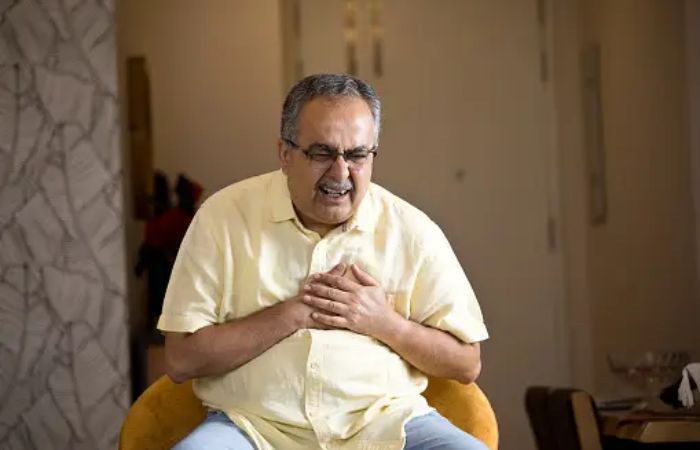
When it comes to heart attacks, timing is everything. The doctor said before a full-blown attack occurs, you may experience symptoms for a few minutes or a few hours that serve as warning signs. Suter.
According to the doctor, common symptoms include the following:
- Severe chest pain or pressure
- Shortness of breath
- Nausea
- Anxiety
- Low blood pressure
Doctors say these symptoms usually go away if the heart attack itself is treated immediately. But if left untreated or delayed, there is a high chance of permanent heart damage and even death. Up to 50 percent of heart attack deaths occur within the first three to four hours after symptoms begin, according to Cedars Sinai.
Symptoms of a heart attack may also differ between men and women, according to the AHA. Although chest pain is a symptom for most people, women are also more likely to experience minor symptoms such as shortness of breath, nausea/vomiting, back pain, or jaw pain. “These unusual symptoms in women contribute to the frequent underestimation or misdiagnosis of severe heart disease, leading to delays in treatment and poor results for women compared to men,” the doctor said.
Women are also often underrepresented in cardiovascular disease research, leading to large gender disparities when it comes to how heart disease and stroke affect gender, according to the AHA.
There is also evidence of an increase in heart disease in adults. In a March 2023 study published in JAMA, researchers found increased rates of high blood pressure, diabetes, and obesity among younger adults (ages 20 to 44), which are risk factors for heart disease and stroke.
Keep in mind: This information is not intended to scare you but to inform you of the risks associated with a heart attack. Consult your doctor if you are unsure about your heart health and risks.
Warning Signs Of Heart Attack
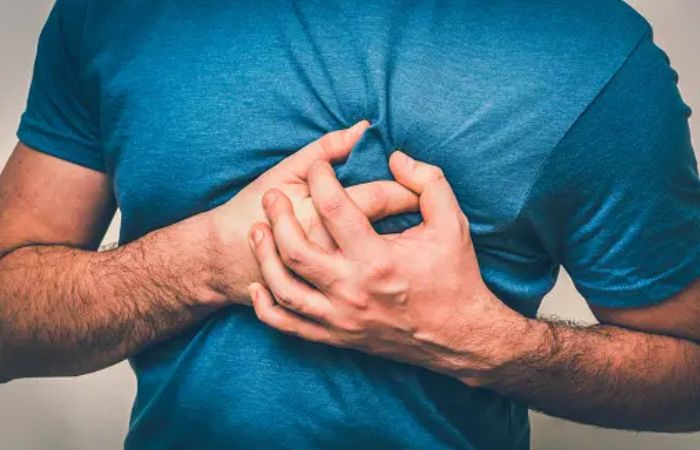
According to the doctor, several warning signs may indicate a heart attack, including the following:
- Worsening chest pain
- Shortness of breath
- Extreme fatigue
- Dizziness (leading to fainting)
“These symptoms may be signs of gradual blockage of the arteries, which can occur weeks if not months or years before a heart attack occurs,” the doctor added. Von Schwartz. “A cardiac evaluation may be required if any of these symptoms are present.”
Although these are the most common symptoms of a heart attack, not everybody experiences the same symptoms. According to Cedars Sinai, some people may experience chest pain that emits to the back, jaw, or arms, although one in three people who have a heart attack have no chest pain at all. You may even feel pain or discomfort in your abdomen, which could be mistaken for indigestion.
When to go to the ER

When it comes to heart attacks, time is of the essence, so it’s important to recognize the signs early and don’t hesitate to call 911. The most obvious sign: Is it time to go to the emergency room? If you have new or worsening symptoms of chest pain and shortness of breath.
It’s also important to get care ASAP if you have any of the following risk factors for heart attack:
- Obesity
- Viral illnesses
- Diabetes
- High blood pressure
- Strong family history of heart attacks
- You’re 60 or older
- You’re a smoker
And when it comes to therapy, every minute counts. Conferring to the Mayo Clinic, your doctor may recommend heart medications to begin the recovery process, including the following:
- Aspirin
- Beta-blockers (to slow heartbeat and lower blood pressure if it’s too high)
- Blood clot busters
- Blood thinners
- Statins (to lower cholesterol)
- Morphine (to relieve pain)
- Blood pressure medicine (also known as ACE inhibitors)
FAQ
Are there ways to reduce your risk of heart attack?
Short answer? “Yes and no,” said the doctor. Von Schwartz. You can decrease your danger of a heart attack by eliminating risk factors, including:
- Smoking
- High blood pressure
- High cholesterol
- Diabetes
- Obesity
- Sedentary lifestyles
However, genetics and family history are often beyond your control. If you prime a healthy lifestyle – eat a balanced diet, exercise, stay hydrated, sleep well and treat any health problems – you can at least slightly reduce your risk.
How Can I Rule Out A Heart Attack At Home?
“If you are worried about a heart attack, you should seek medical help rather than trying to get rid of it on your own.” if treatment is delayed.”
However, Doctors suggest being well alert to the symptoms of a heart attack and knowing the difference among heart attacks and panic attacks, heart palpitations, and even stomach upset, which can exhibit the same symptoms. Although anxiety usually goes away with deep breathing and relaxation techniques, and stomach upset usually goes away with antacids, heart attack symptoms will continue to worsen over time.
When should I go to the ER for chest pain?
Various reasons can cause chest pain. According to the Mayo Clinic, if your chest pain is new, severe, and lasts a few minutes, it’s best to go to the emergency room. While there, a medical professional can examine you and determine the underlying cause. Even if you don’t have a heart attack, you won’t regret the peace of mind or possible treatment for other health problems.



